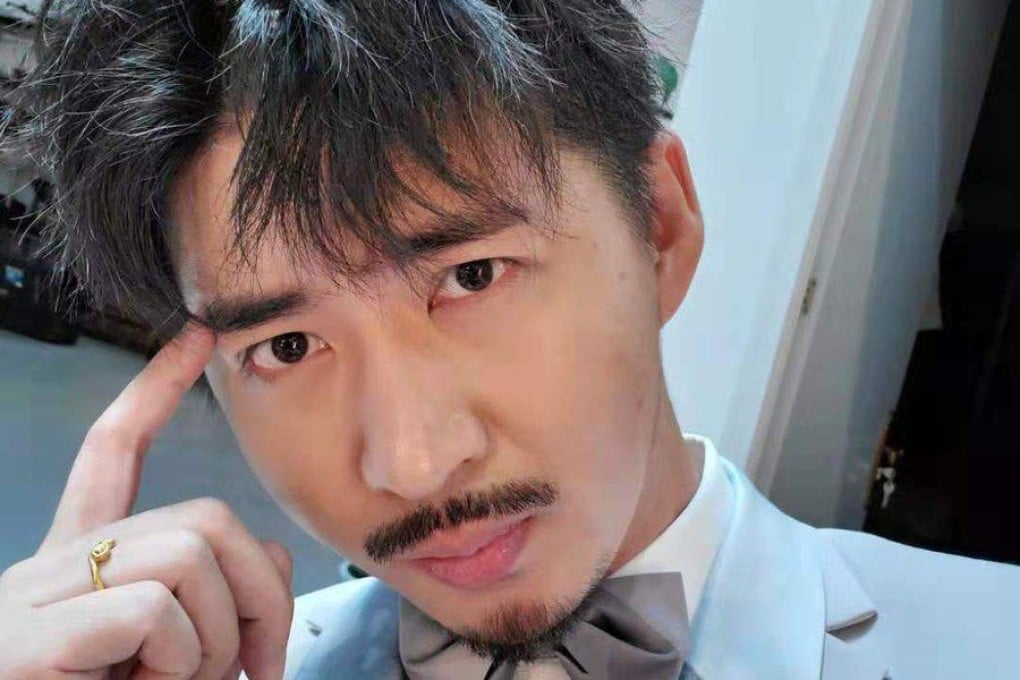Wuhan citizen journalist Chen Qiushi under surveillance but may escape prosecution
- Close friend says the lawyer’s health has improved under his parents’ care since he was taken away for Covid-19 reports
- No sign that authorities are intending to file charges but his movements remain restricted

In a video posted to YouTube on Monday, Xu Xiaodong said: “Qiushi is now in Qingdao with his parents … I cannot reveal how I know it but I have seen a video [about him recently]. His health has improved under his parents’ care – much better than the time when he was taken away.”
Chen, 35, went to Wuhan in central China before it was put under lockdown in January last year. He was taken away by police and sent to the port city of Tianjin in north China for investigation after his reports on the disease which first emerged in the city. He remained unaccounted for until September, when Xu first reported Chen had been transferred to Qingdao where his parents live.
In his latest video, Xu said Chen could now access the internet and watch the news, but had yet to regain his freedom and was not allowed to communicate with the outside world. “He can stroll near his [parents’] home, go jogging and buy some basic daily necessities within a designated area,” Xu said.
“He is now uncontactable and cannot be in normal communication with the outside world. That’s all I can say about him without putting anyone at risk,” he added, while slapping himself on the cheek as he described the restrictions as “protection” for Chen by the authorities.
